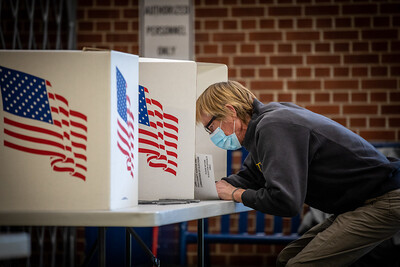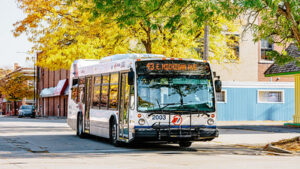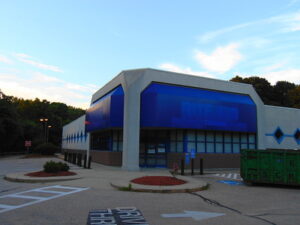Most college-age students have only limited experience with inflation. Inflation is the term that describes a decrease in consumer purchasing power over time. Another way to describe it is the rate at which the value of currency drops. Consumers purchase less because they must focus their spending on the goods and services they need.
Inflationary pressure affects consumers differently, depending upon their economic status. High-income consumers may not make many changes in their spending patterns. They may just pay more for the goods and services they normally use. Low-income consumers, on the other hand, may have trouble paying for their most basic needs. It significantly impacts rent, food, transportation, energy, clothing, and medical costs.
Although a lease may offer some limited protection against a sharp rise in housing costs, that protection lasts no more than a year. People on month-to-month leases may experience rising rents several times over a 12-month period. In periods of high inflation, moving may not provide any significant relief because rents rise everywhere.
Low-income earners may need to eliminate expenses, including tuition and fees, Internet services, childcare, transportation, and other education-related expenses. In short, inflation means that low-income students cannot afford to attend school – even when the tuition rate is low.
Inflation effects continue even after prices drop
For some reason, this point seems to get lost on high-income earners. Washtenaw Community College has trustees and administrators who do not believe that WCC students cannot afford educational expenses, much less the bare necessities. Trustees quickly agree that applying a $10 per credit hour fee to fund silly building projects is perfectly acceptable. They express doubt that WCC students have trouble feeding themselves and their families. They are OK with the Administration’s decision to close the on-campus childcare center because it does not make money. (Never mind that expecting the childcare center to make money from low-income students is the very definition of crass.)
The November inflation rate was 6.8% – that is the highest recorded inflation in the US since June 1982. Without yet knowing what the December inflation rate is, the 2021 inflation rate to date is 4.5%. The highest inflation we have experienced in the last 15 years was 3.8%, in 2008, at the height of the Great Recession. Some economists believe the December inflation rate could go as high as 7%. Were that to happen, the 12-month average inflation rate for 2021 would be about 4.7%.
One of the worst things about inflation is that rising inflation raises prices but falling inflation does not drop them. Consumers will still pay higher prices for goods and service once the inflation rate begins to decline. That means students or (would-be students) will still have to manage higher consumer costs for months or years to come.
So, it is NOT ok to tack on a $10 per-credit-hour fee to pay the bond debt for building projects on campus. Doing so will cause another drop in enrollment. (It always does.)
If the WCC Administration wants to build/repair/expand/remodel campus buildings, they will need to ask the voters to pay for it.
Photo Credit: Phil Roeder, via Flickr




























